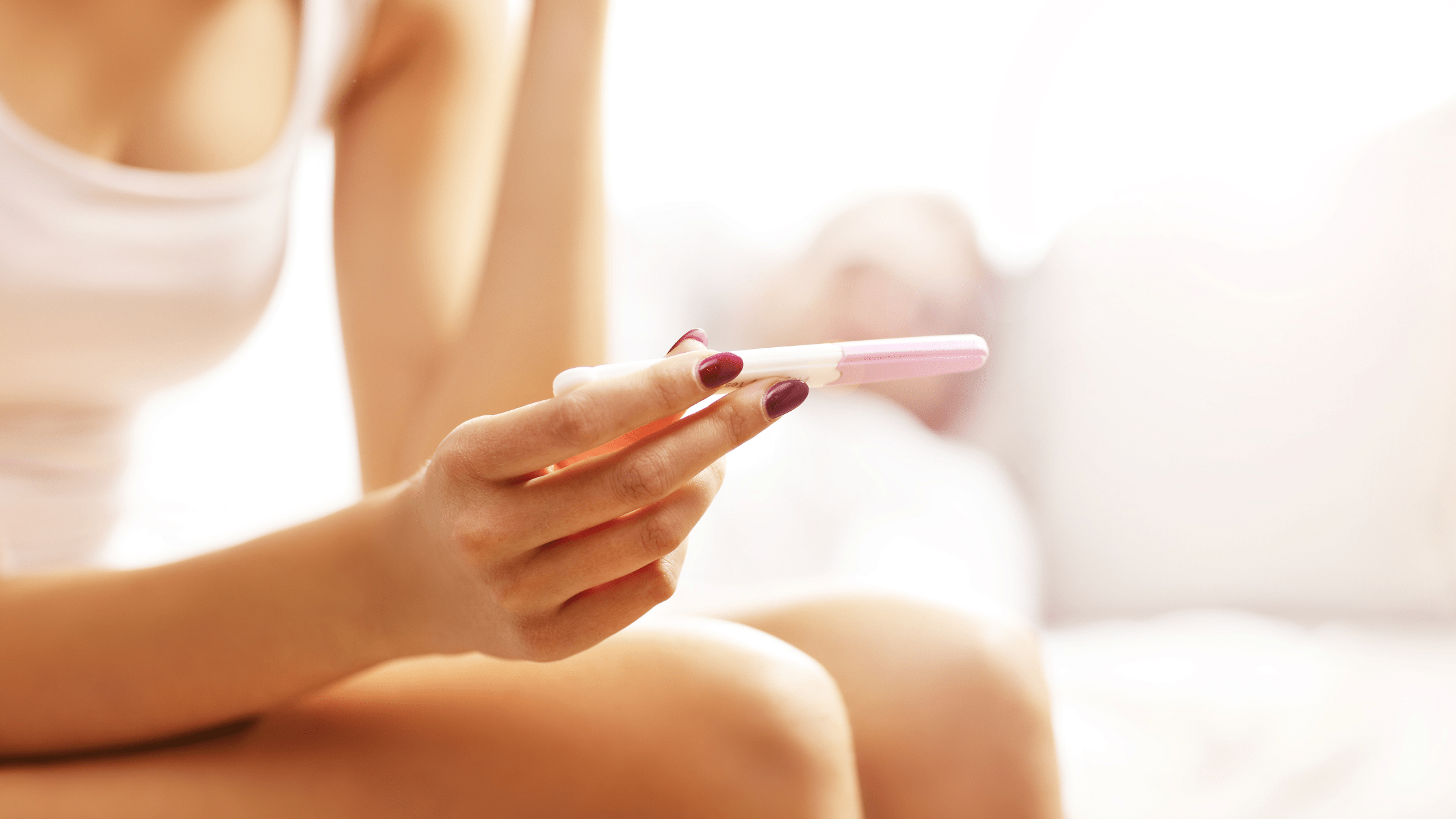Testing for pregnancy after IVF: What can I expect?

The period of time between the embryo transfer and a pregnancy test can seem really long and you may have lots of questions about what you should or shouldn’t do during this time.
Do I need my feet up/bed rest after the embryo transfer?
You should always follow the specific guidance of your doctor or fertility specialist, who will be able to advise you best for your own personal circumstances.
Generally, bed rest with your feet up isn’t recommended, but you should take it easy and relax, for at least several days after the embryo transfer. Some experts recommend resting for a week.
It’s advisable to wear comfortable clothes, as you may experience a feeling of bloating and cramps. You should also abstain from intercourse, vigorous workouts and heavy lifting, for at least a week after the transfer.
Other advice for this period of time is similar to the lead up to IVF treatment and also to the recommendations for during pregnancy – try to reduce your stress levels, stay hydrated, eat a healthy diet and avoid caffeine. You should continue to take the recommended dose of folic acid, to help to prevent birth defects.
Although mild cramping and bloating are common at this stage of the IVF process, if your symptoms feel severe, seek medical advice.
How long does implantation take after IVF?
Implantation usually occurs 1-5 days after the embryo transfer. The process involves the blastocyst emerging and the embryo attaching itself to the lining of the uterus. Light bleeding or spotting may occur.
When implantation is complete, the growing embryo triggers the release of hCG into the bloodstream. The amount of hCG continues to increase and become more detectable for a pregnancy test.
Should I do a pregnancy test straightaway, if I get pregnancy symptoms?
The symptoms experienced as a result of IVF drugs and treatment are very similar to those experienced in early pregnancy, therefore, it’s not advisable to do a pregnancy test if you get pregnancy symptoms, as testing too early can give a false result.
How soon can I do a pregnancy test after embryo transfer?
Waiting for anything requires patience and after experiencing fertility issues and going through the whole process leading up to embryo transfer, it’s natural that you’ll want to know as soon as possible if you’re pregnant.
Home pregnancy tests can be unreliable after IVF treatment, as you will have been taking medications and hormones to help you to conceive – a home test may detect these drugs as a sign of pregnancy and you could get a false positive. Also, if you test too early, you may get a false negative. Therefore, it is best to be tested at the clinic seven days after the embryo transfer. The test at the clinic will be conclusive and the staff will then also be able to give you further support and/or guidance, whatever the result.
Is an IVF pregnancy a high-risk pregnancy?
On the whole, once confirmed, a pregnancy achieved through IVF can be treated the same as any other pregnancy. It doesn’t carry a higher risk because the baby was conceived through IVF.
Where extra monitoring is required, is in the case of pre-existing conditions, like a higher maternal age, or a previous history of miscarriage. This would be the same whether it was a natural or IVF pregnancy, as would the extra monitoring and special care needed for women expecting multiple babies.
At the IVF Network, we understand that every stage of the IVF process is new to you and you may have many questions. That’s why, through our dedicated channel, website and blogs, we provide information about all aspects of IVF, to help to answer your questions and so that you can make informed choices throughout your fertility journey.